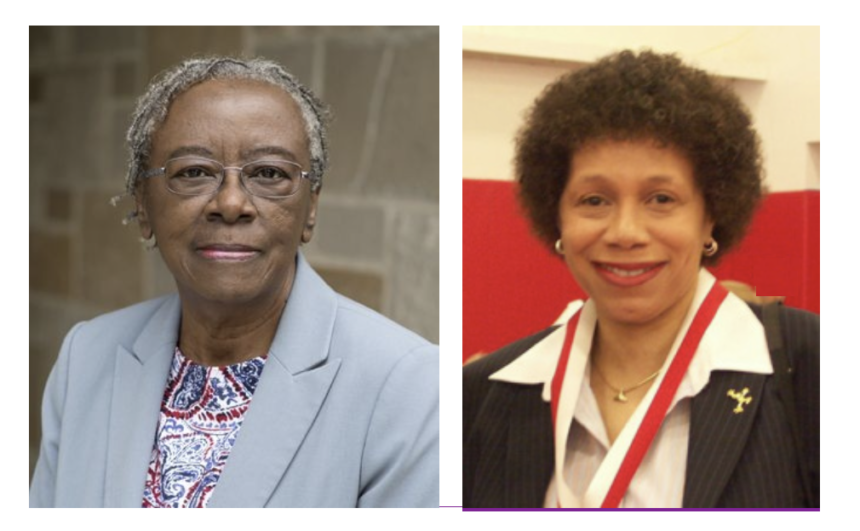By Bianka Hardin, Psy. D.
During Black History Month, it is imperative to honor and pay tribute to the trailblazers who have significantly shaped the landscape of psychology. We have profound gratitude for their pioneering contributions. Their intellectual courage and dedication have not only paved the way for advancements in our understanding of the human psyche but have also left an enduring legacy. As beneficiaries of their groundbreaking work, we are thankful for the knowledge, insights, and inspiration they have bestowed upon us.
During graduate school, I am thankful that I was exposed to the work of Dr. Beverly Greene and Dr. Janet Helms. Their work profoundly influenced my path as a psychologist and how I see myself, and how I practice as a therapist. The insightful perspectives of Beverly Greene have significantly impacted my understanding of multicultural psychology, prompting me to delve deeper into the intricate intersections of identity. Janet Helms, with her influential contributions to the White Racial Identity Model, has shaped my perspectives on cultural competence and further fueled my commitment to fostering inclusivity. I am grateful for the legacy these trailblazers have created, as their work has not only had a transformative impact far beyond the field of psychology but also personally influenced my approach to psychology.
This Black History Month, we celebrate the transformative impact of these luminaries and draw inspiration from their resilience, intellect, and dedication to advancing our understanding of the human psyche. With that, CTC would like to spotlight the work of Drs. Helms and Greene.
Janet Helms, Ph.D.: The Pioneer of Racial Identity Theory
Dr. Janet Helms is widely recognized as a pioneer in the exploration of racial identity development. Her groundbreaking work on the White Racial Identity Model and the People of Color Racial Identity Model has become foundational in understanding how individuals navigate and make sense of their racial identities. As a scholar and advocate, Helms has tirelessly promoted the importance of acknowledging and addressing the impact of race and ethnicity in psychology.

One of Helms’ enduring legacies is her commitment to fostering cultural competence within the mental health profession. Through her research and writings, she has challenged psychologists to confront their own biases and cultivate a deeper understanding of the intersectionality of identity. By doing so, Helms has not only enriched the academic discourse but has also played a pivotal role in fostering a more inclusive and equitable approach to psychological research and practice.
Beverly A. Greene, Ph.D.: Championing Intersectionality in Psychology
Dr. Beverly A. Greene has made significant strides in advancing our understanding of the intersectionality of identities, particularly in the context of gender and race. As a distinguished psychologist, she has devoted her career to dismantling stereotypes and addressing the unique challenges faced by individuals at the crossroads of multiple marginalized identities.

Greene’s work extends beyond the academic realm, as she has been a vocal advocate for diversity and inclusivity in both clinical practice and research. Her tireless efforts to amplify the voices of marginalized individuals have not only inspired a new generation of psychologists but have also contributed to a more nuanced and empathetic understanding of the human experience.
Dr. Janet Helms and Dr. Beverly A. Greene have not only advanced the field of psychology through their groundbreaking research but have also left an enduring legacy of advocacy and activism. Their contributions have enriched our understanding of identity, challenged systemic inequalities, and paved the way for a more inclusive and equitable future in psychology. As we celebrate their achievements, let us also be inspired by their commitment to creating positive change within the field and beyond.

